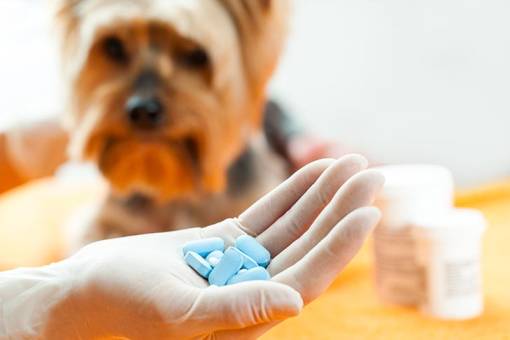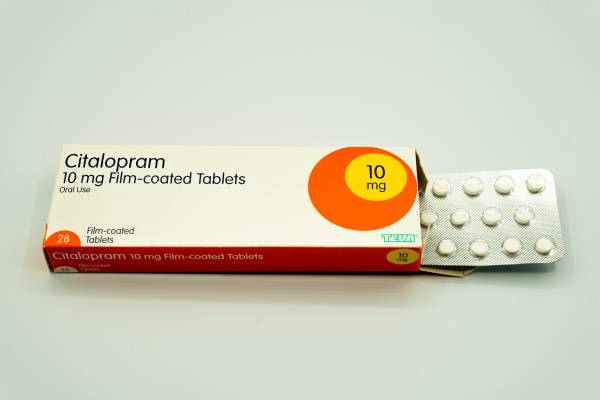Dogs love to eat anything and everything, which means they sometimes eat things that may be toxic. In fact, this is a very common problem with dogs.
Connect with a verified veterinarian in minutes. Licensed vets are available 24/7 to answer your questions. No need to worry about your furry family member.
Toxins & Dogs
We have so many things in our homes that can be toxic if ingested by dogs (other pets or even kids). And it’s not always easy to keep our dogs away from things they shouldn’t get into!
Some of the most common toxins in the home may include:
- Medications: pet meds, human meds (including prescriptions/OTC/herbal remedies & supplements)
- Human food: coffee, chocolate, onions, garlic, grapes, raisins, and xylitol, and more.
- Insecticides & rodenticides
- Household products: paint, laws & garden products (fertilizers & more), cleaning products, and more
- Houseplant: aloe, chamomile, and more
What’s more, these things can sometimes be very easy for dogs to get into. For instance, if you carry medications in your purse and leave them on the floor, there’s a chance your dog could find the meds. And if you’re cleaning the floor, your fur baby could easily lap up some disinfectant from the water bucket.
We can’t forget that dogs are also regularly exposed to chemicals in the yard. These can include fertilizers, weed killers, insecticides, and more. Even if he doesn’t eat these chemicals, your dog may still carry these on his feet after being outside. All he has to do is lick his paws to become poisoned.
Symptoms of Poisoning in Dogs
You may notice these symptoms if your dog has eaten something toxic:
- Agitation
- Tremors
- Convulsions
- Nausea
- Vomiting
- Diarrhea
- Seizures
- Heart problems
- Kidney failure
- Unsteady on feet
- Abnormal heartbeat
- Drooling excessively
- Oral irritation
- Pale gums
If your dog is showing any of these symptoms, then call the vet immediately. This is a life-threatening medical emergency. Be sure to note any information that may be helpful to the vet. This may include what you believe the dog has eaten or been exposed to.
One note: never induce vomiting unless the vet says to do this.

Review symptoms, medications & behavior to keep your pets healthy with a Vet Online in just minutes.
Ask a Vet Live NowTreatment for Poisoning in Dogs
The treatment will depend on the vet’s diagnosis. In general, the vet may use activated charcoal, gastric lavage, stomach pumping, or other methods to remove the toxin from your fur baby’s system.
Your dog may also need an IV, which is used to rehydrate and to give other medications to the dog as needed.
The prognosis depends on how quickly a dog receives medical treatment. For dogs who receive prompt medical treatment, there’s an excellent chance of a full recovery. Fast action is the key when you realize your dog has eaten something toxic.
Connect with a verified veterinarian in minutes. Licensed vets are available 24/7 to answer your questions. No need to worry about your furry family member.

Kyoko
Kyoko is from a family of 3 and moved to New York with her parents and siblings when she was 13. Kyoko is fond of spending a great amount of time with pets, specifically her beagle Luna and cat Missy. Her boyfriend often complains that she spends too much time giving attention to their animals. Kyoko has written dozens of articles concerning pets and is aiming at owning a pet shop one day!
Review symptoms, medications & behavior to keep your pets healthy with a Vet Online in just minutes.
Ask a Vet Live Now




